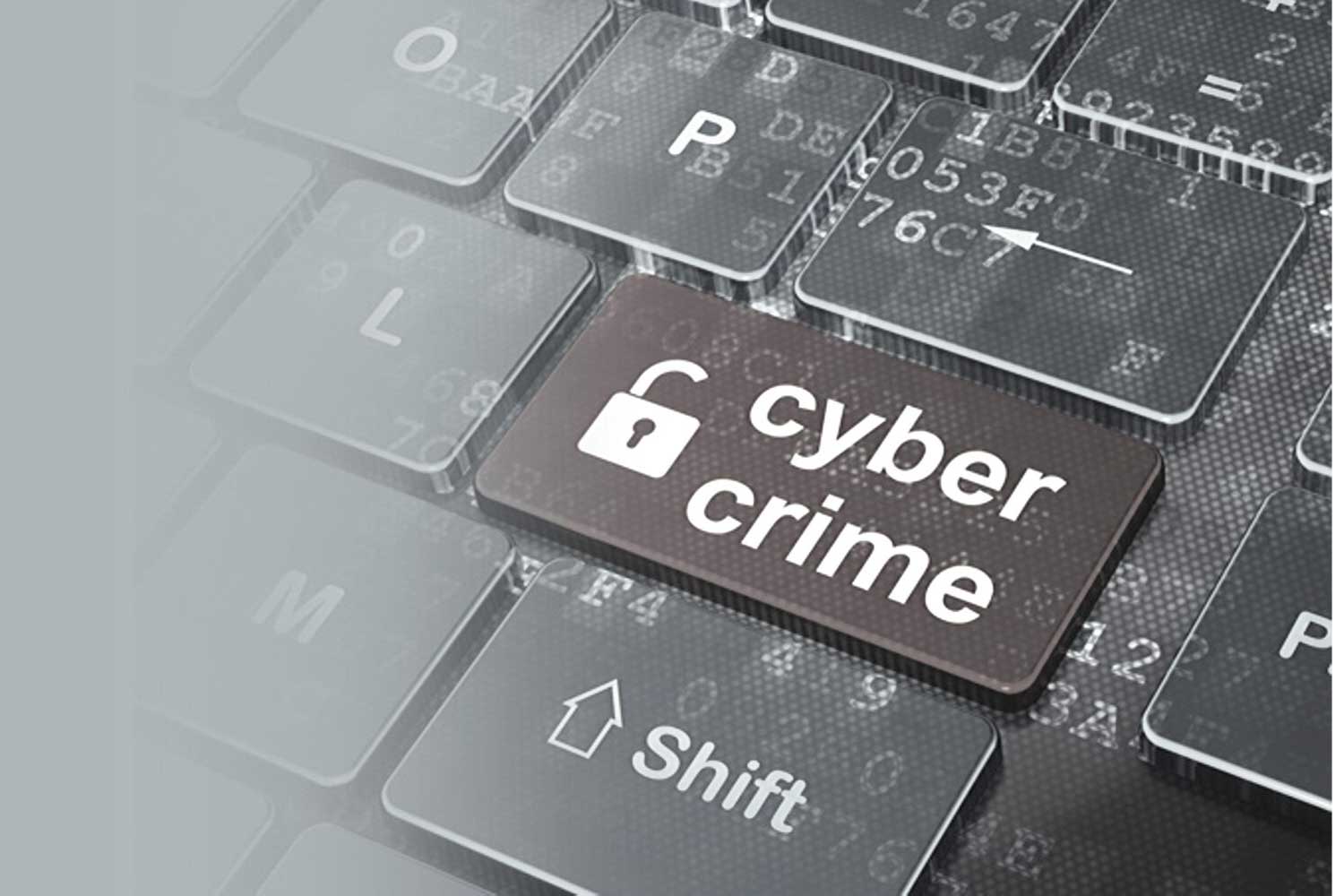Simple Cybercrime Savvy Tips For Everyone

Simple Cybercrime Savvy Tips For Everyone
Cybercrime is a criminal activity that takes place on or involving a computer, computer network or networked device. The majority of cybercrime is carried out by cyber criminals or hackers who are looking to make money. In some cases, however, the purpose of cybercrime is to harm computers or networks for other reasons, such as political or personal reasons.
There are many different types of cybercriminals. Some are organized, use sophisticated techniques and are highly technical, while others are just starting out as hackers.
The most common type of cybercrime is an assault on information about people, companies or governments. While the attacks don’t take place on a person’s or company’s physical body, they take place on the “physical” or “virtual” one, which is the collection of information attributes that define individuals and organizations on the Internet.
While there are many ways to protect yourself from cyber fraud, hacking and other forms of online scams, here are a few tips:
- Carefully Consider Everything – Cybercriminals may attempt to persuade individuals to provide personal information, such as Social Security numbers, addresses, and credit card details, by impersonating them in emails or text messages. This is known as phishing. When contacted by an unknown sender, it is advised to either ignore or delete the message.
- Include Privacy Settings – Additionally, it is important to ensure that the privacy settings of social media platforms such as Facebook, Instagram, and X (formerly known as Twitter) are up to date and that only those who follow the user or are their Facebook friend can view their posts.
- Make sure your passwords are strong – Passwords should at least be 12 characters long and include numbers and something special like an exclamation mark or asterisk. Also, make sure to switch up your passwords from site to site so a hacker can’t get into all your accounts with one password. And don’t forget to keep a list of your passwords in a safe place. And if you have a phone or tablet, make sure you set up a PIN that’s four or six digits to protect your device.
- Verify the Validity of Sites – Before making any online purchases or accessing a bank account, it is important to verify the legitimacy of the website you are accessing. Websites that are trusted to be secure use technologies such as Secure Socket Layer (SSL) which encrypts data during transmission. A small padlock icon will appear in the browser and “https” will typically be indicated at the front of the address bar to indicate that the connection is secure. If SSL is not present in the web address you are currently using, it is unlikely that your passwords, payment details, or banking information will be trusted.
- Disregard Pop-Ups – Don’t click on any pop-ups when you’re online to avoid computer viruses and other types of malware. Hackers can sometimes disguise their malware as ads or “special offers” when you’re browsing the web. If you see a pop-up that looks suspicious, don’t click on it. Just leave the site or turn off your web browser. Moreover, you don’t have to rely on yourself to stay safe – anti-virus software can help protect your computer and make it easier to avoid threats.
In all sense, cybercrime is everyone’s problem. Consider it your duty to play your part in combating cybercrime. For most people, this means taking a few basic steps to protect themselves and their loved ones. It also includes reporting cybercrime incidents to the appropriate authorities at the right time. When you do this, you are helping to combat cybercrime.













Post Comment